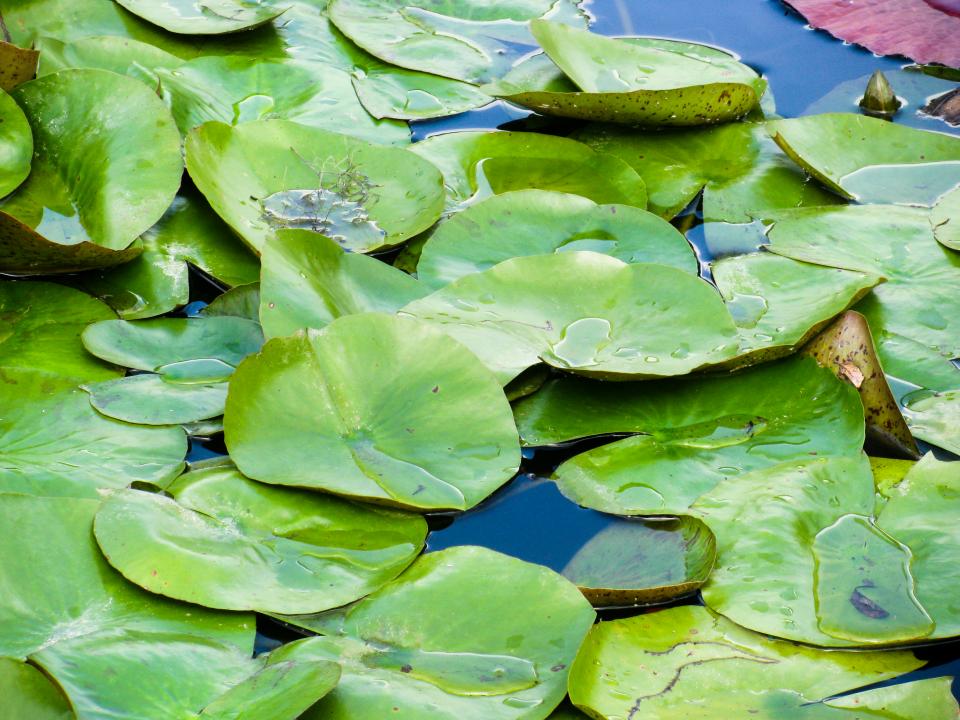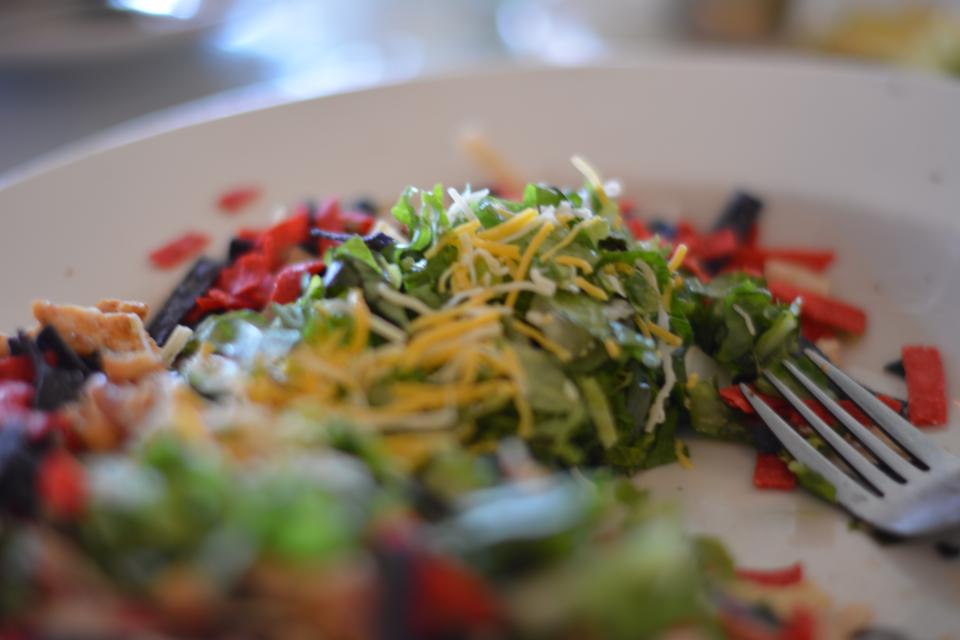This comprehensive guide explores the safety of iceberg lettuce for rabbits. We'll delve into its nutritional content, potential dangers, and provide a wealth of information about suitable alternatives to ensure your furry friend receives the optimal diet for a healthy and happy life.
Part 1: Iceberg Lettuce: A Closer Look

1.1. A Common Misconception: "Lettuce is Healthy for Rabbits"
Many people believe that lettuce, in general, is a suitable food for rabbits. While rabbits do enjoy the crispness of lettuce, it's important to understand that not all lettuce varieties are created equal, and iceberg lettuce, in particular, poses potential health risks.
1.2. The Allure of Iceberg Lettuce
Iceberg lettuce is often preferred for its refreshing taste and crunchy texture. However, its appeal to humans doesn't translate into nutritional benefits for rabbits.
1.3. The Challenge of Identifying Safe Lettuce Varieties
While iceberg lettuce is widely considered unsuitable, other lettuce varieties like romaine and butterhead may seem like safer options. However, even these types can contain lactulose, and they lack essential nutrients for rabbits.
Part 2: Unveiling the Nutritional Deficiencies of Iceberg Lettuce

2.1. Low in Fiber, High in Water
Rabbits require a diet rich in fiber to maintain a healthy digestive system. Iceberg lettuce is low in fiber and high in water content, which can lead to digestive imbalances.
2.2. A Limited Source of Vitamins and Minerals
While iceberg lettuce contains some vitamins and minerals, it's not a significant source of essential nutrients like vitamin C, vitamin D, calcium, and fiber, all of which are crucial for rabbit health.
2.3. Potential for Nutritional Deficiencies
A diet primarily composed of iceberg lettuce can lead to deficiencies in essential vitamins and minerals, potentially causing:
- Weakened immune system
- Bone problems
- Digestive issues
- Reduced energy levels
- Hair loss
Part 3: The Hidden Dangers of Iceberg Lettuce
3.1. Lactulose: A Sugar that Can Cause Digestive Upset
Iceberg lettuce contains lactulose, a sugar that can cause digestive upset in rabbits. Excessive lactulose intake can lead to:
- Diarrhea
- Gas
- Bloating
- Abdominal pain
3.2. Pesticide Residues: A Silent Threat
Iceberg lettuce is often grown in large-scale operations where pesticide use is common. While pesticides protect crops, their residues can be harmful to rabbits, potentially causing:
- Liver damage
- Kidney problems
- Immune suppression
- Cancer risk
3.3. Disruption of the Gut Microbiome
Excessive consumption of low-fiber foods like iceberg lettuce can disrupt the delicate balance of bacteria in a rabbit's caecum, leading to:
- Caecal stasis
- Reduced digestion
- Malabsorption of nutrients
- Weakened immune system
Part 4: Navigating the World of Leafy Greens: Safe Alternatives to Iceberg Lettuce
4.1. The Power of Nutrient-Rich Leafy Greens
Rabbits thrive on a diet rich in leafy greens. Here are some excellent alternatives to iceberg lettuce:
- Dandelion Greens: High in vitamins A, C, and K, as well as fiber.
- Spinach: Packed with vitamins A, C, and K, iron, and folate.
- Kale: A good source of vitamins A, C, and K, calcium, and fiber.
- Collard Greens: Rich in vitamins A, C, and K, calcium, and fiber.
- Parsley: A good source of vitamins A, C, and K, as well as iron.
- Cilantro: Rich in vitamins A, C, and K, as well as antioxidants.
4.2. The Importance of Hay: The Foundation of a Rabbit's Diet
Hay should constitute the majority of a rabbit's diet. Timothy hay is an excellent choice, offering high fiber content and essential nutrients.
4.3. Fresh Herbs: A Delightful Addition
Rabbits can enjoy small amounts of fresh herbs, such as:
- Basil
- Dill
- Mint
- Rosemary
- Thyme
4.4. Fresh Vegetables: A Limited Treat
Rabbits can have small portions of fresh vegetables, including:
- Carrots
- Bell Peppers
- Broccoli
- Cucumber
- Zucchini
Part 5: Building a Balanced Diet for Your Rabbit
5.1. Consulting a Veterinarian: The Key to Personalized Nutrition
Before making any changes to your rabbit's diet, it's crucial to consult a veterinarian. They can provide personalized dietary recommendations based on your rabbit's age, breed, and health status.
5.2. Gradual Introduction of New Foods: Promoting Digestive Harmony
When introducing new foods, do so gradually. Offer small amounts initially and monitor your rabbit for any signs of digestive upset.
5.3. Clean Water: The Foundation of Hydration and Digestion
Ensure your rabbit always has access to fresh, clean water. Water is crucial for hydration and digestion.
5.4. Regular Checkups: Monitoring Your Rabbit's Health
Regular veterinary checkups are essential to monitor your rabbit's overall health and ensure they receive the care they need.
Part 6: Debunking Myths: Addressing Common Concerns
6.1. Is Iceberg Lettuce Safe in Small Amounts?
While an occasional small piece of iceberg lettuce might not cause immediate harm, it's best to avoid it altogether. It doesn't offer any significant nutritional value and could potentially lead to digestive problems.
6.2. What if My Rabbit Loves Iceberg Lettuce?
If your rabbit seems particularly fond of iceberg lettuce, it's important to find alternatives that provide similar enjoyment without the negative consequences. Try offering a variety of other leafy greens and fresh herbs.
6.3. Are All Rabbits Equally Susceptible to Iceberg Lettuce's Dangers?
While all rabbits can potentially experience negative effects from iceberg lettuce, younger rabbits and those with pre-existing digestive conditions are more susceptible to its harmful effects.
Part 7: A Holistic Approach to Rabbit Nutrition:
7.1. The Importance of Variety
A balanced rabbit diet includes a variety of fresh foods, including leafy greens, hay, fresh herbs, and a limited amount of fresh vegetables.
7.2. Observing Your Rabbit
Pay attention to your rabbit's eating habits and any changes in their behavior. If you notice any signs of digestive upset, consult a veterinarian promptly.
Part 8: FAQs
8.1. How Often Should I Feed My Rabbit Leafy Greens?
Ideally, rabbits should receive a daily portion of leafy greens, along with their staple hay. Consult with your veterinarian for precise recommendations based on your rabbit's individual needs.
8.2. Can I Give My Rabbit Romaine Lettuce Instead of Iceberg?
Romaine lettuce is slightly more nutritious than iceberg, but it still lacks many essential nutrients for rabbits. It's best to opt for other, more nutrient-dense leafy greens.
8.3. Is There a Safe Amount of Iceberg Lettuce for Rabbits?
There isn't a safe amount of iceberg lettuce for rabbits. Even small quantities can contribute to nutritional deficiencies and digestive issues.
8.4. Can I Give My Rabbit Iceberg Lettuce if It's Organic?
Organic iceberg lettuce is still low in nutrients and can contain lactulose, so it's not recommended for rabbits.
8.5. What Are the Signs of Digestive Problems in Rabbits?
Signs of digestive problems in rabbits include:
- Diarrhea
- Constipation
- Gas
- Bloating
- Loss of appetite
- Lethargy
- Weight loss
If you notice any of these symptoms, it's crucial to consult a veterinarian immediately.
Everyone is watching
-

Do Rabbits Lay Eggs? (The Surprising Truth)
OTHER TYPES OF PETSThis article will unravel the common misconception that rabbits lay eggs, exploring the fascinating world of r...
-

What's a Group of Rabbits Called? (A Comprehensive Guide)
OTHER TYPES OF PETSThis article delves into the fascinating world of rabbits, exploring the various terms used to describe a grou...
-

Can Rabbits Eat Grapes? A Guide to Safe Rabbit Treats
OTHER TYPES OF PETSThis comprehensive guide will explore the safety and suitability of grapes for rabbits, providing detailed inf...
-

Predators That Hunt Rabbits: A Guide to Natural Enemies
OTHER TYPES OF PETSI've always been fascinated by the circle of life, that delicate dance between predator and prey. Growing up ...
-

Are Rabbits Nocturnal Animals?
OTHER TYPES OF PETSThe question of whether rabbits are nocturnal animals is a fascinating one, with a surprisingly complex answer...
